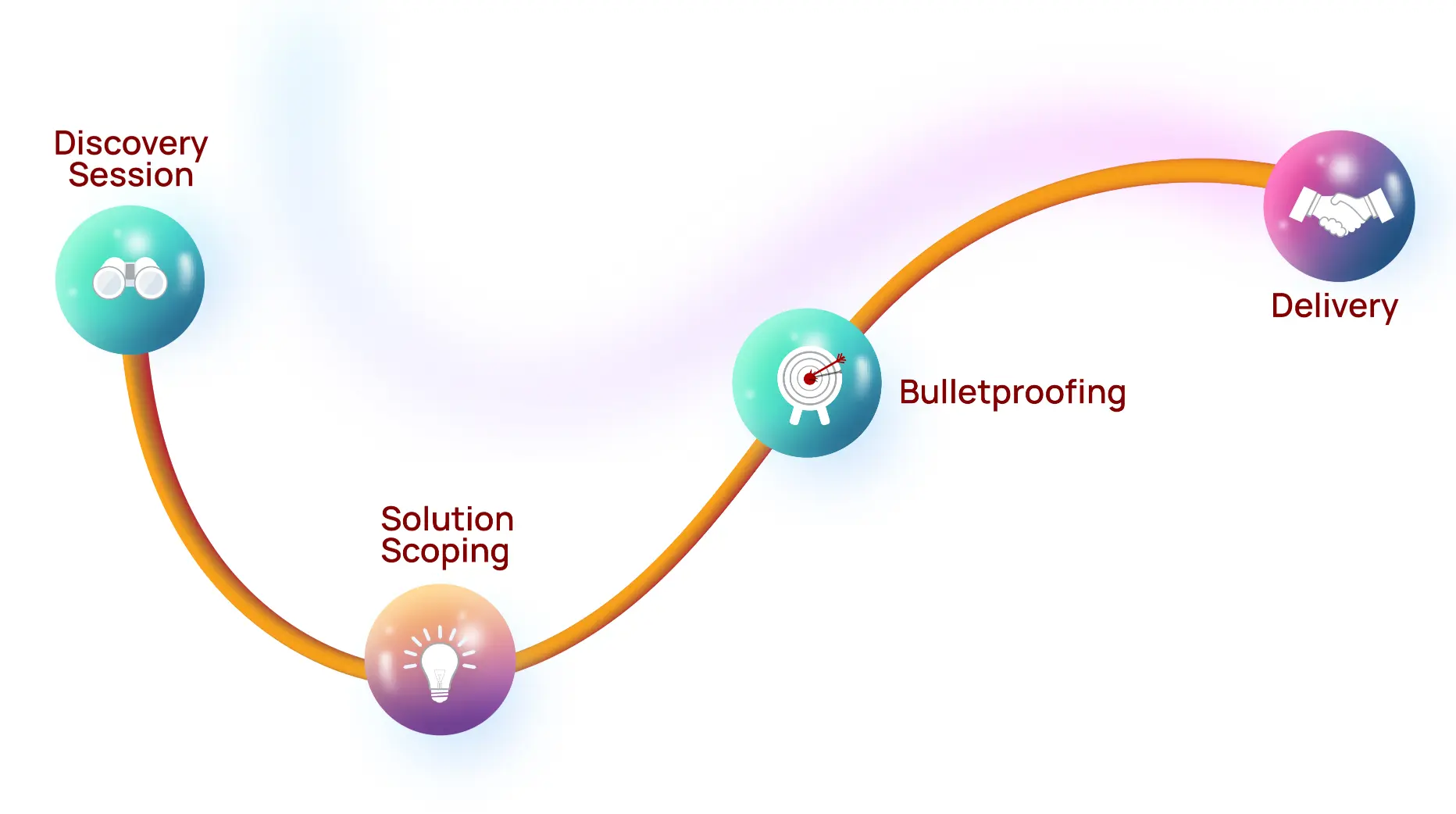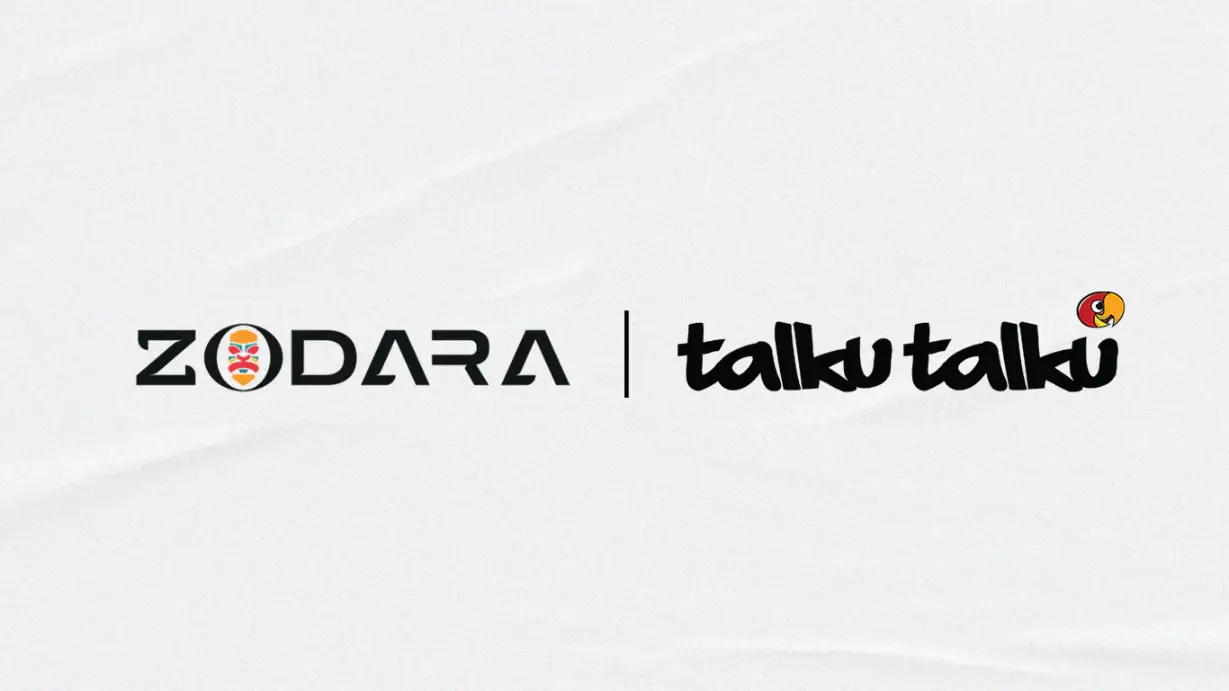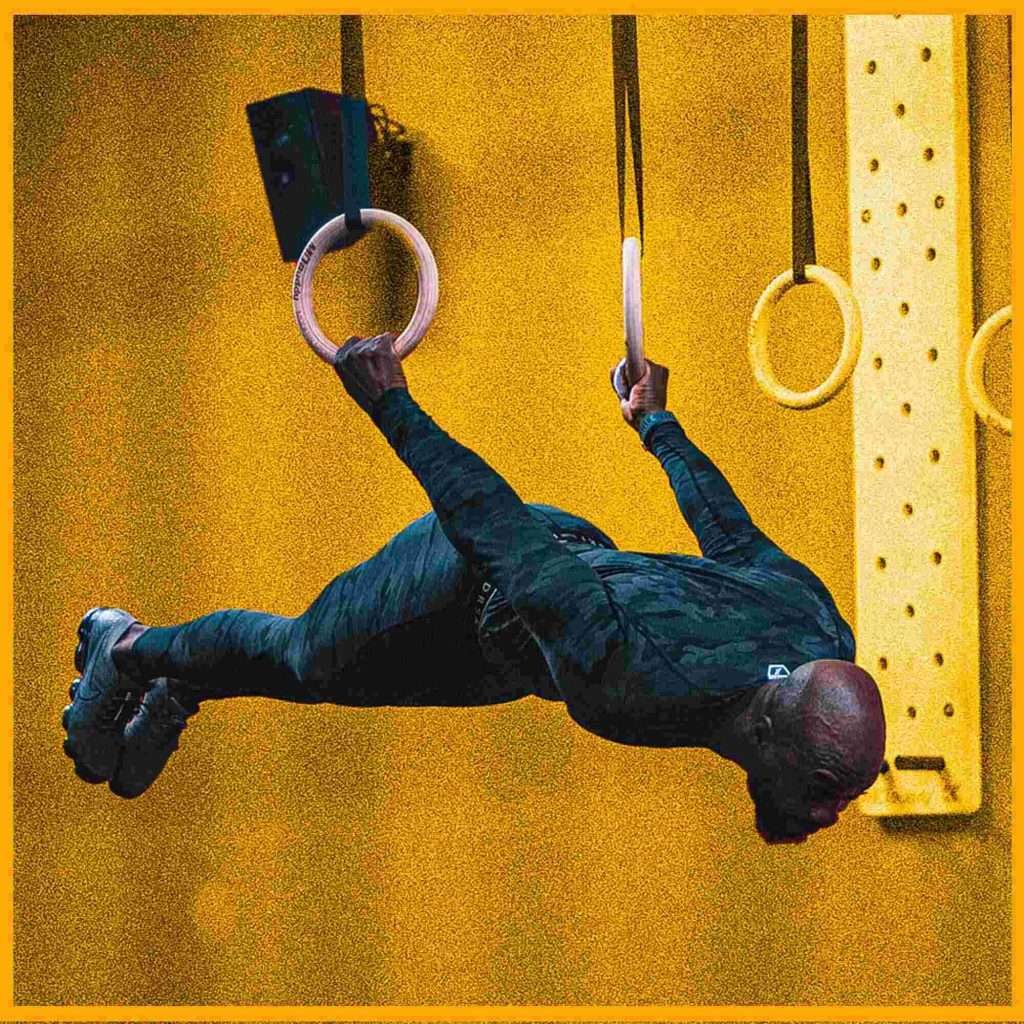Impress Your Customers Online With our Creativity and Prowess in Digital Tools
Experience the power of a customer-centric approach to digital solutions. From initial discovery to ongoing engagements, we prioritize every aspect of your customer’s journey, driving conversion and deepening their connection to your brand!

Our Creative Solutions Have Been Trusted By
Our Creative Solutions Have Been Trusted By
Our Capabilities
Advisory
Unlock your business’ digital potential with expert guidance, charting a clear path for growth.

Static & Motion Graphics
Own your narrative with immersive designs that deliver your story to your audience exactly as they understand it.
Our industry-agnostic solutions are tailored to
propel your digital journey and deliver results that
matter!

Digital Activation
Realize your growth potentials with digital adoption strategies that puts your business at the fore.

Smart (Web-Based) Menu
Smartly deliver your food & beverage menu right to the devices of your customers.

Digital Campaign Design & Development
Leverage the power of digital media & channels, deliver your message to the audience that matters!

LinkedIn Management for Business
Give your brand a voice and drive business on the leading platform where the world's decision makers converge!

Website Care
Keep your website secure and up to date while focusing on your core business.

Static and Motion Designs
Trumpet your brand's message with visuals that catches the eyes.

Voice to Brand
Bring your brand alive with our range of voice expertise. Get heard, achieve results!

Digital Advisory
Take advantage of our expert guidance to develop and drive your digital journey with your result in mind.

Digital Activation
Realize your growth potentials with digital adoption strategies that puts your business at the fore.

Smart (Web-Based) Menu
Smartly deliver your food & beverage menu right to the devices of your customers.

Digital Campaign Design & Development
Leverage the power of digital media & channels, deliver your message to the audience that matters!

LinkedIn Management for Business
Give your brand a voice and drive business on the leading platform where the world's decision makers converge!

Website Care
Keep your website secure and up to date while focusing on your core business.

Static and Motion Designs
Trumpet your brand's message with visuals that catches the eyes.

Voice to Brand
Bring your brand alive with our range of voice expertise. Get heard, achieve results!

Digital Advisory
Take advantage of our expert guidance to develop and drive your digital journey with your result in mind.
Our Magic Wands
We harness the full potential of digital tools to craft and deliver creative solutions that position businesses, brands, and creatives for success. Whether it’s elevating online presence, driving market impact, or fostering innovation, each solution is driven by our customers’ trust – the cornerstone of our commitment to excellence.
Why Our Clients Love Us

How Zodara Introduced Salitos Drinks to Their Guests With a Clear Feedback Mechanism

Bridging Continents, Crafting Stories: PQPP2’s Journey with Talku Talku

Reimagining Success: The Evolution of IBV’s LinkedIn Presence
Take advantage of some of our helpful resources

For most people, copyright means......

Fly With Us
Stay in the know! Receive the latest updates on our innovative solutions and gain valuable perspectives on the ever-evolving digital landscape. Subscribe now to stay ahead.








